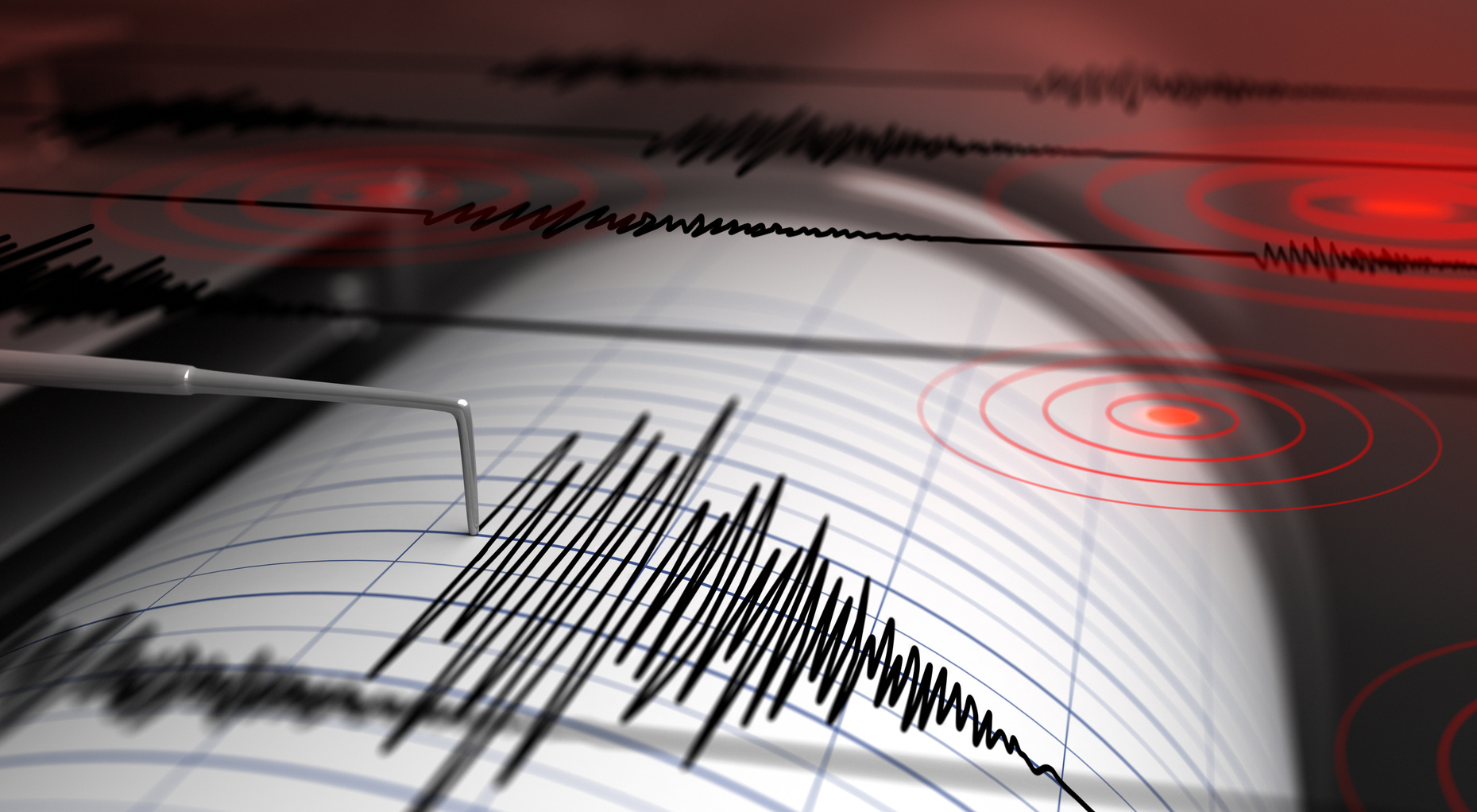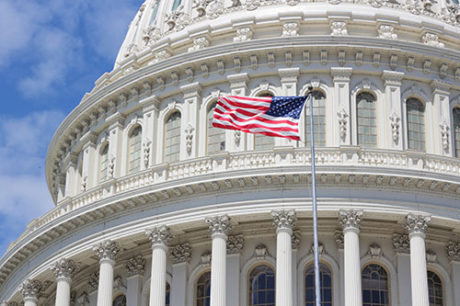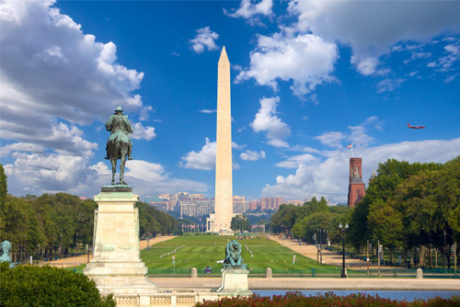
Government contracting is most often associated with the federal government; however, state and local entities are sometimes able to benefit from General Service Administration (GSA) Schedule Contracts as well. Four specific programs allow State and Local Governments to purchase goods and services through this contract vehicle and each program has different requirements and definitions. Keep reading to learn the basics of what you should know about each of these programs.
The Cooperative Purchasing Program:
This program allows state, local and tribal governments to purchase IT, security and law enforcement products and services through GSA Schedule 70 and Schedule 84. Luckily, the requirements are limited. State/local governments can purchase whatever they want from GSA-approved vendors at any time with any available funds, under this program. Plus,Blanket Purchase Agreements (BPAs) are available! There are currently four BPAs available under Cooperative Purchasing. What is so great about BPAs, you might ask? BPAs benefit both the government agency and the vendor. It simplifies the process for anticipated repetitive need for supplies and services. The government can now make purchases quicker by avoiding the lengthy contract award cycle, and it allows vendors to avoid the monotonous proposal writing that is usually required. BPAs are also notable for eliminating the pesky “red-tape” often associated with federal government contracting. The Cooperative Purchasing Program is voluntary on both ends. Neither the government nor schedule contractors are required to participate at any time.
Disaster Recovery Purchasing Program
Through Disaster Purchasing, state/local/tribal governments can purchase goods and services from all GSA Schedules, unlike the Cooperative Purchasing Program, which is limited to only two schedules. The goods and services bought must be used to assist in the recovery process after a major disaster or to facilitate disaster preparation and response. What does the Federal government consider as a disaster? Disasters could include a major weather event, terrorism, and nuclear/biological/radiological attack. BPAs are also permitted under the Disaster Recovery Purchasing Program.
Again, this program is voluntary for both government agencies and schedule contractors. You do not have to use the ordering procedures in the FAR 8.4; however, it is recommended (State and local governments must follow local procurement regulations).
Public Health Emergencies Program
The Public Health Emergencies Program allows state, local and tribal governments to purchase from all Federal Supply Schedules, but only when a Public Health Emergency (PHE) has already been declared. Funds for the program are granted after the declaration of a PHE, by the Secretary of Health and Human Services. Purchasing is not permitted for the preparation for a PHE, like in the Disaster Recovery Purchasing Program. Federal grant funds must be used for purchasing procedures as well. What is a PHE? A PHE could include outbreaks of infectious disease or bioterrorist attacks.
Purchasing through the Public Health Emergencies Program is voluntary for both the government and contractors. Ordering procedures are limited to local procurement regulations as well as any requirements set forth by the grant funding.
The 1122 Program
This program allows state, local and tribal governments to purchase goods and services only for the use of counter-drug, homeland security and emergency response activities. GSA has created an equipment and supplies catalog which defines any items available to state and local governments for purchase under this program. Unlike the first three, a State Point of Contact (SPOC) is required for any state or local government to participate in the 1122 Program. The SPOC is appointed by the Governor of each participating state and oversees the activities under the program. He or she decides if the request is valid, ensures funding and submits the request. Under the 1122 Program state and local governments can purchase from the Defense Logistics Agency, the Army and the GSA.
This program is voluntary for both the government (specifically the SPOC) and contractors. Ordering procedures are determined by the state or local government; however, more specific ordering procedures are mapped out in the GSA 1122 Program Equipment and Supplies Catalog.
Ready to learn more? Check out our course on the Fundamentals of GSA Schedules to get started!
 Like
Like







